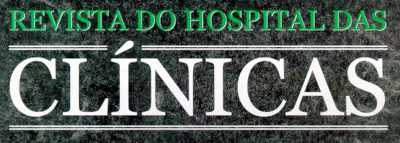Necrotizing enterocolitis is the most frequently occurring gastrointestinal disorder in premature neonates. Animal models of necrotizing enterocolitis and prenatal administration of cortisone have demonstrated that cortisone may accelerate maturation of the mucosal barrier, therefore reducing the incidence of this gastrointestinal disorder. The authors present a review of the literature of the most important risk factors associated with necrotizing enterocolitis, such as inflammatory gastrointestinal mediators, enteral feeding and bacterial colonization, and immaturity of the gastrointestinal barrier, and we emphasize the necessity for additional studies to explore the prenatal administration of cortisone as a preventive strategy for necrotizing enterocolitis.
Necrotizing enterocolitis; Neonate; Prematurity; Cortisone therapy; Physiopathology
